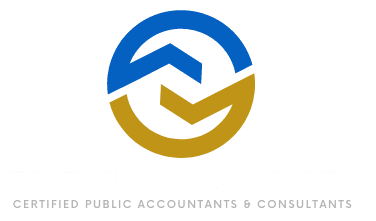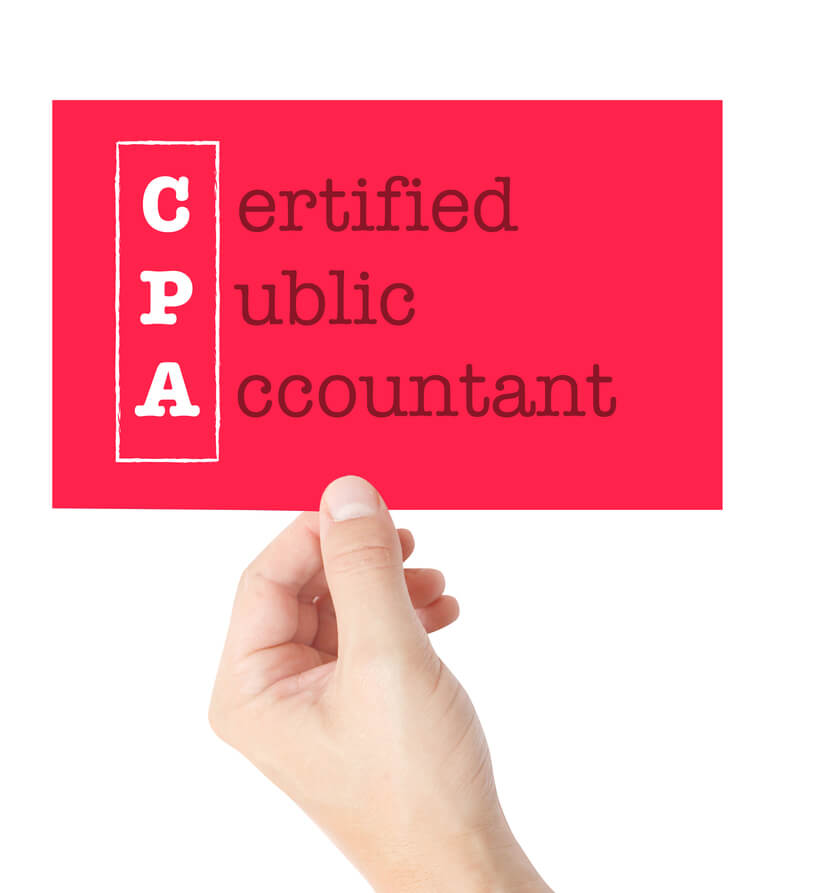The professional designation CPA, which stands for Certified Public Accountant, is given to accountants with the necessary levels of education, work experience, and CPA exam success. Financial planning, tax preparation, and auditing are just a few of the many services offered by CPAs to private individuals, corporations, and nonprofits.
To keep their accreditation, they must continue their study and abide by high ethical and professional requirements. If you’re asking, “What is a CPA?”; this summary will give you a general grasp of a Certified Public Accountant’s job and responsibilities.
What Does a CPA Do?
Depending on their area of specialization, CPAs handle several duties and responsibilities. A CPA offers financial services and knowledge to people, businesses, and organizations. They might work for private businesses, governmental organizations, public accounting firms, or as independent consultants.
Financial planning and analysis are the responsibility of CPAs, who also evaluate financial data, look at trends, and provide recommendations to clients. To help clients reduce their tax bills, they also prepare tax returns and offer tax planning guidance. To verify adherence to accounting regulations and standards, CPAs may also do financial statement audits and reviews.
Advising clients on financial issues, such as investment strategies, retirement planning, and estate planning, is a crucial part of a CPA’s job description. They might also help clients manage their financial risk and secure finance for commercial operations.
In general, a CPA’s responsibilities include offering clients competent financial guidance and services, ensuring compliance with accounting standards and laws, and assisting clients in making decisions that will help them achieve their goals and objectives.
Difference Between CPA and Accountant
The primary distinction between a CPA and an accountant is that the former is a category of accountant that has attained a certain level of education and experience, as well as passed the CPA exam. A CPA is qualified to offer a larger variety of financial services, such as financial planning, tax preparation and planning, auditing, and management consulting, and is subject to greater standards of legal and ethical accountability. Contrarily, there are no formal schooling or certification requirements for accountants, therefore anyone can call themselves one. While both CPAs and accountants provide some financial services, CPAs have access to a broader range of professional options and are generally regarded as more specialized and highly skilled than accountants.
How To Become A CPA?
Individuals must complete certain educational and experience criteria, as well as pass the Uniform CPA Exam, to become a CPA. State qualifications vary, but often include a bachelor’s degree in accounting or a related subject, completion of accounting courses, and a set number of hours of accounting experience. After meeting these prerequisites, candidates must pass the CPA exam, which is divided into four sections and covers financial accounting, auditing, taxation, and company law. Candidates must additionally complete any extra state-specific requirements, such as completing ethics courses or gaining professional experience, after passing the exam to earn their CPA license.
Is it Beneficial To Have A CPA?
A CPA can be extremely advantageous to both individuals and corporations. Due to their extensive financial knowledge, CPAs are valuable consultants for financial planning, tax preparation, auditing, and other financial services. For organizations, having a CPA on staff or as an outside consultant can help assure compliance with accounting requirements, offer direction for financial decision-making, and help with financial risk management.
What Does A CPA Do For Individuals
A CPA can help individuals with tax preparation, estate planning, retirement planning, and investment management. A CPA certification might also help you advance your career and make more money in the accounting and financial industries. Overall, having a CPA can provide essential financial experience and help you achieve financial success.
CPA License
An individual can offer clients accounting services if they hold a CPA license, which is a professional credential. Individuals must achieve educational and experience requirements, pass the Uniform CPA Exam, and meet any extra state-specific requirements to get a CPA license. To keep their license, CPAs must follow ethical and professional standards and complete continuing education requirements. A CPA license can help you advance your career, enhance your earning potential, and gain a reputation in the accounting and finance areas.
Experienced Accounting and Financial Services
A CPA involves extensive study and experience, but it provides numerous benefits regarding professional prospects, earning potential, and financial expertise. A CPA license can also give clients credibility and trust. If you want to work in accounting or finance, becoming a CPA could be an excellent investment. Consult a skilled accounting practitioner or your state’s Board of Accountancy to learn more about how to become a CPA.
Contact Tushaus & Associates, LLC now for experienced accounting and financial services. Our skilled CPA team can offer significant financial advice and expertise to both individuals and corporations. We are here to assist you with tax preparation, financial planning, and business counseling.
Contact us today to book a consultation and learn how we can assist you in reaching your financial objectives.


